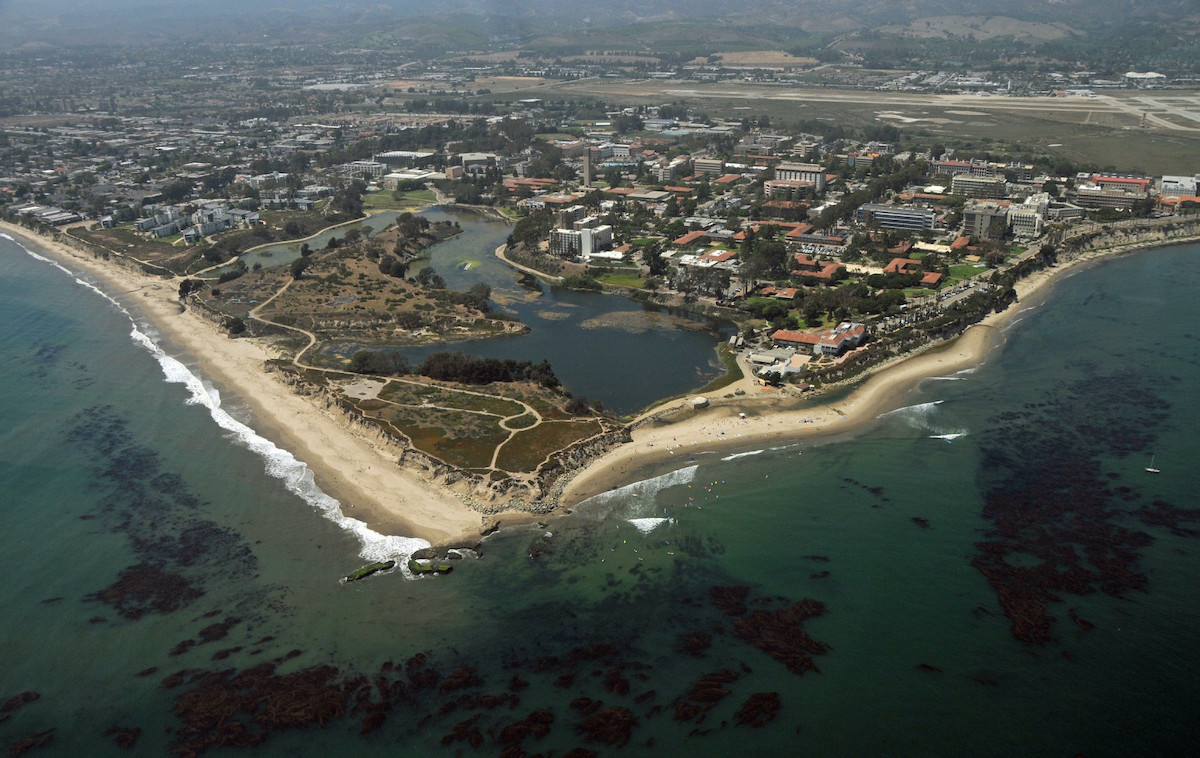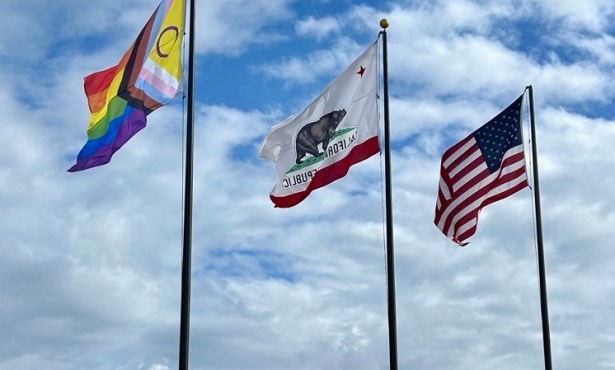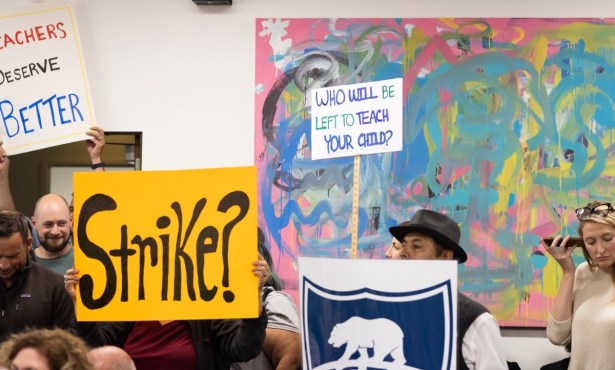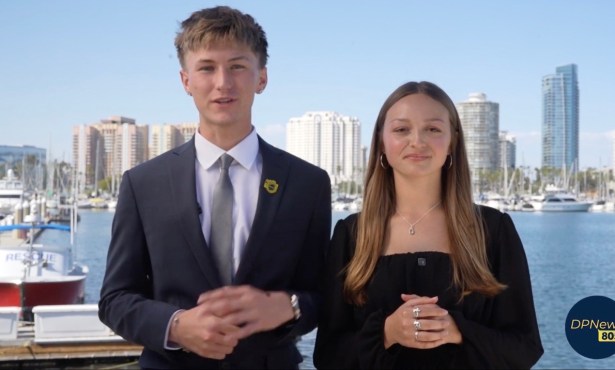UCSB Course Shortage at ‘Crisis’ Level, Dean Says
Many Undergrads Looking for Full 12-Unit Class Load Are ‘Entirely Out of Luck’

Already facing a massive housing shortage that is forcing hundreds of incoming students to live out of cars and motels, UC Santa Barbara is now grappling with a crisis-level shortfall in available class space for the fall quarter. Dean of Undergraduate Education Jeffrey Stopple sounded the alarm in an email sent Friday afternoon to Chancellor Henry Yang and other top university officials. The message was then shared with the Independent by one of the recipients, who wished to remain anonymous.
In it, Stopple said academic advisors are “desperately” trying to secure for first-year and transfer students the 12 units they need to achieve full-time status, but are finding there simply aren’t enough courses in the catalog to meet demand. With instruction set to begin September 23, many undergraduates are “entirely out of luck,” he wrote.
“We are again in our annual fall enrollment crisis, as we have been every fall since 2015,” Stopple continued. “The campus is perfectly capable of projecting how many units we can generate in the fall, even as early as the previous winter quarter.” Why it consistently fails to do so is clearly a source of intense confusion and frustration for Stopple. “I am discouraged enough that if I were not already stepping down,” he said in reference to a scheduled departure from his position later this year, “I would now.”
Stopple ― a Fulbright Scholar with a PhD in mathematics who has been at UCSB since 1987, chairing the math department and teaching classes, as well as serving as an administrator ― dissected the dilemma for Yang, which goes beyond a simple unit shortage and could have serious long-term financial impacts on both the campus and its students. “Actual data shows fall units per student steadily dropping over time, despite the fact that students may take as many units as they want for a fixed price,” he said. In contrast, available summer units are increasing, even though students are paying then by the unit.
“The inescapable logic of this,” Stopple stated, “is that we are enrolling more students than we can educate on a four-year, three-quarter schedule. This is impacting our graduation rates, most notably for students for whom summer is too expensive.” Students who can’t maintain full-time status may also be denied financial aid, he worried. “Regarding the current crisis,” Stopple said, “deans might ask chairs to expand lecture sizes. However, graduate student TAs are in short supply as well.”
Sign up for Indy Today to receive fresh news from Independent.com, in your inbox, every morning.
Left unaddressed in Stopple’s message was why fall units on offer are declining. He explained in a separate email exchange with the Independent that multiple factors contributed to the predicament. Faculty numbers shrank during the 2008 recession and corresponding budget cuts, he said, “and have only slowly recovered.” Plus, many faculty retired or left the university during the pandemic. “Recruiting faculty can take up to two years and can impact a department’s ability to offer certain courses,” he said.
UCSB has always had a low proportion of graduate to undergraduate students compared to other major research universities, Stopple went on, and the campus “still has work to do to balance that proportion.” Grad students often work as teaching assistants, or TAs, to professors, augmenting lecture courses with smaller “section” classes.
Raw enrollment figures are also contributing to the crunch, Stopple said. UC campuses are under significant pressure to admit more undergrads. “Sacramento and the UC Office of the President have required all UCs to admit more California residents,” he said. “In addition, the UCs face significant penalties if we do not enroll a community college transfer for every two freshman admits.” UC Berkeley, UCLA, and UCSD are all struggling with similar course shortages, he noted.
“As you can see, enrollment is a complex issue that we are working to address,” Stopple concluded. “As always, we are trying to expand offerings to meet demand.”
Meanwhile, in a reflection of that demand, U.S. News & World Report this week ranked UCSB the fifth best public university in the United States and 28th among all of the country’s colleges. The only public universities ranked higher than UCSB were UC Berkeley, UCLA, the University of Michigan, and the University of Virginia.
Support the Santa Barbara Independent through a long-term or a single contribution.



